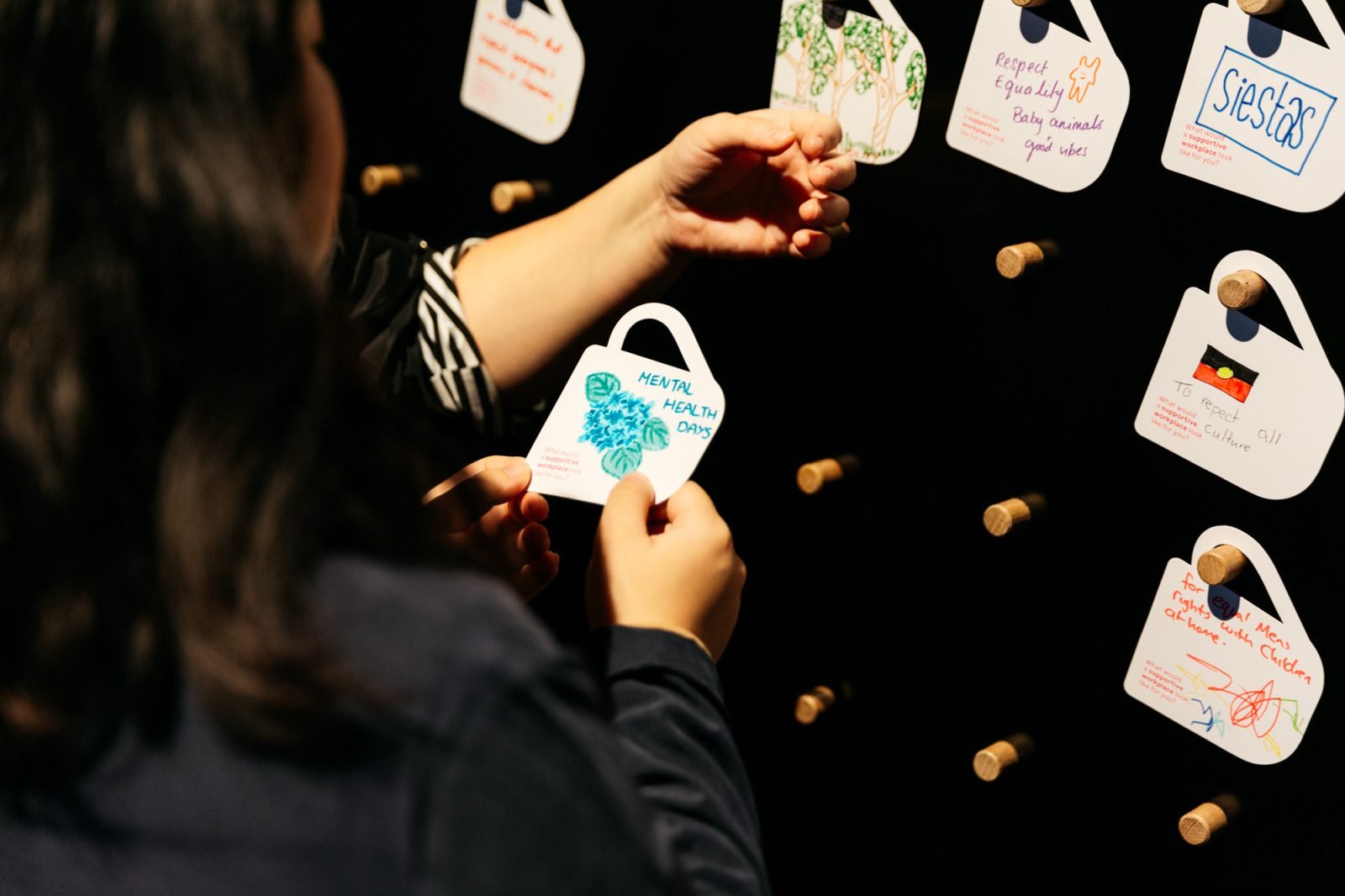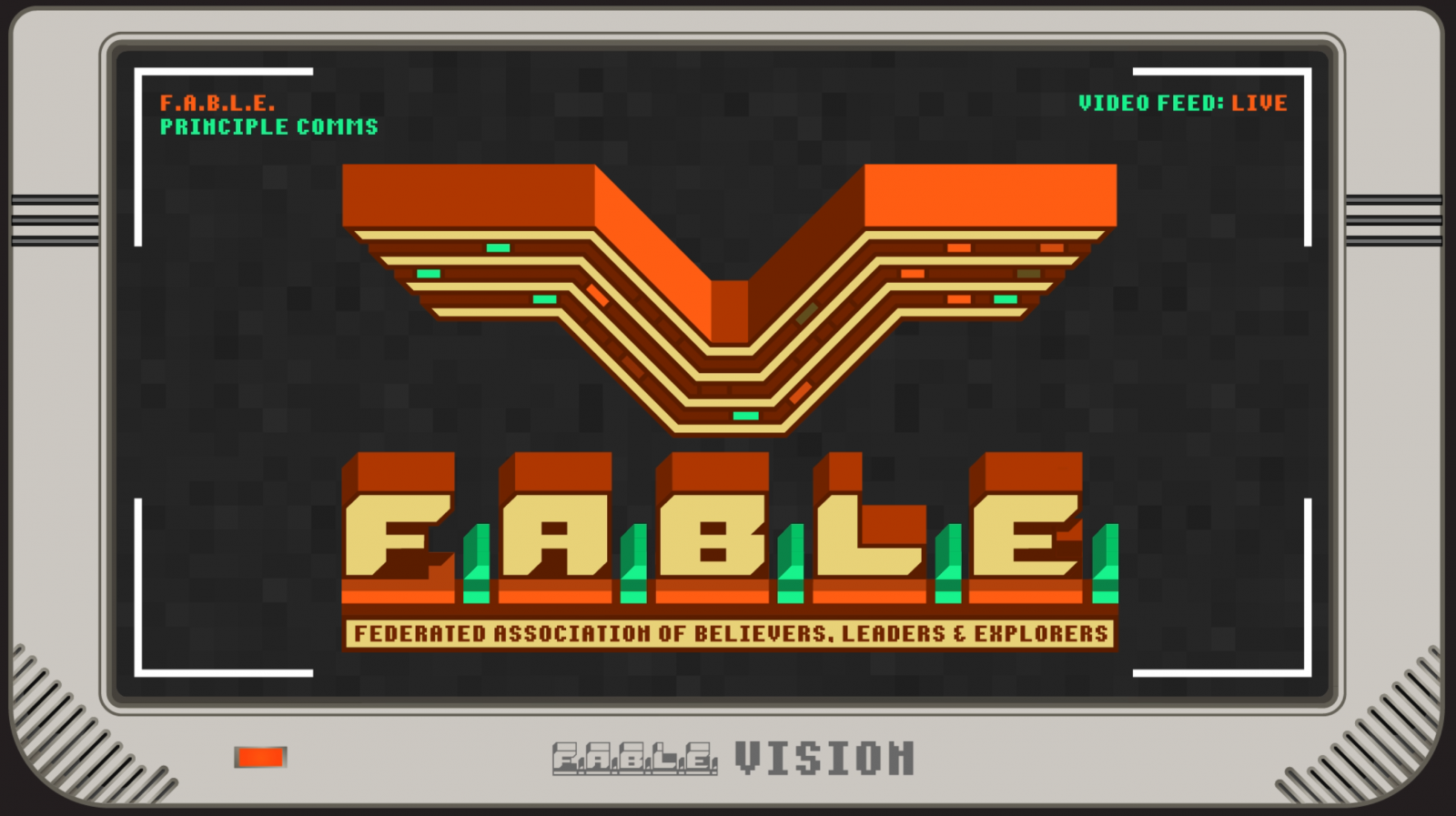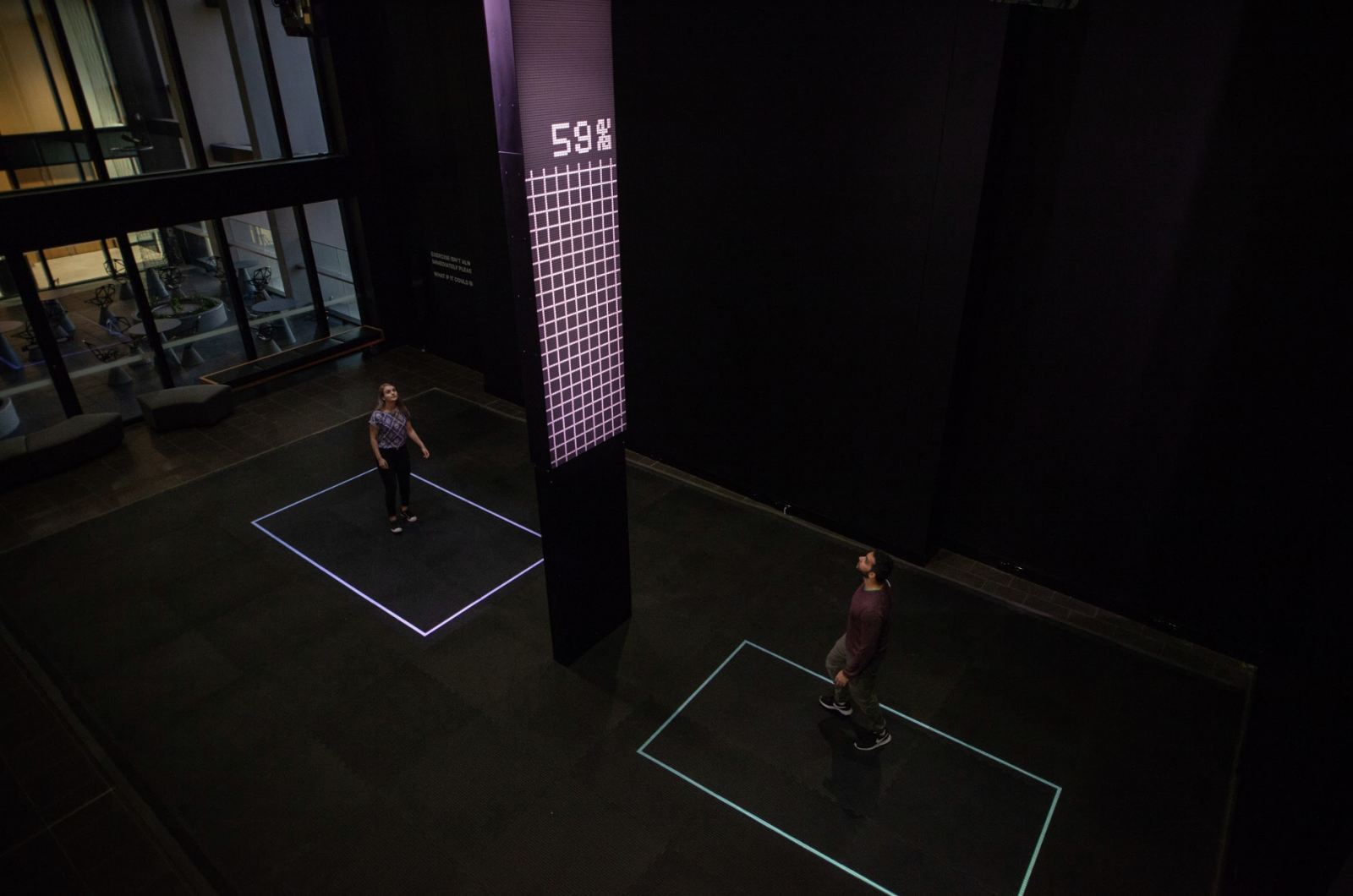Eager to do a lot with data?
Make it a career with UniSA

Exhibit Details
Open MayOct 2019
Ground LevelFoyer
- MOD.'s Take
- Delve Deeper
- Fresh Perspectives
Humans want to be happy. But how can we tell how happy we all are? With so much of human communication taking place on social media, it seems a pretty good place to start. The Hedonometer measures our happiness based on one of these platforms: Twitter.
It’s difficult to know exactly how many people use social media every month, but Twitter has somewhere around 336 million monthly active users worldwide. It’s a data-rich goldmine just waiting for us to use it to better understand our communal wellbeing.
This is exactly what the Computational Story Lab has done. In 2013, this international group of mathematicians and computer scientists collaborated to create the Hedonometer. The Hedonometer measures happiness based on tweets published. We can predict when we are going to be happy, think Christmas Day or Mother’s Day. But misery is more unexpected, linked to news and political events.
How do you work out how happy Australian Twitter is?
The hedonometer is a realtime tool for tracking the happiness of the Twitter-sphere at large. So what it does is it looks at the words that people write… and then it basically calculates a temperature for all of those words. As you probably know, social media is not a perfect representation of society, it’s a biased sample of people out there in the real world. It’s still an important group… but we shouldn’t take this as representing the true population level of happiness. — Lewis Mitchell, researcher
To understand our communal happiness, the Hedonometer team created a list of 5,000 of the most common words merged from Google Books, the New York Times, music lyrics, and Twitter. This came up with a set of 10,000 unique words. Each word was measured on a scale from 1 (sad) to 9 (happy). For example, laughter is a solid 8.5 (out of 9), while murder ranks at just 1.48.
Each day, the Hedonometer rates roughly 50 million Tweets posted on Twitter (which only makes up about 10% of all published content) and ranks them all from happiest to saddest based on the words used. With hundreds of millions of people using the website daily to share their thoughts and interests, it’s a pretty important social signal of mass wellbeing.
This hanging sculpture is ranking Australia’s happiness, but you can check out the Hedonometer website for a ranking of global happiness.
Discover more:
Explore:
Read:
- How do we quantify the wellbeing of a population? Twitter of course!
- What was the happiest day of this decade?
- Inside the lab that’s quantifying happiness
Listen:
We worked with a group of young people to review the Hedonometer. Here’s what they had to say…
I am so surprised by how much it changes! I didn’t think people’s feelings online would be so jumpy. — Sara
It’s interesting to think that just because someone feels neutral about one word, other people might feel happy or sad. — Jacqueline
Twitter is such a hell hole, everyone always seems so angry there. I didn’t think that people would ever even be positive. — Nick
Credits
- Lewis Mitchell Research
- Exhibition Studios Design and build







